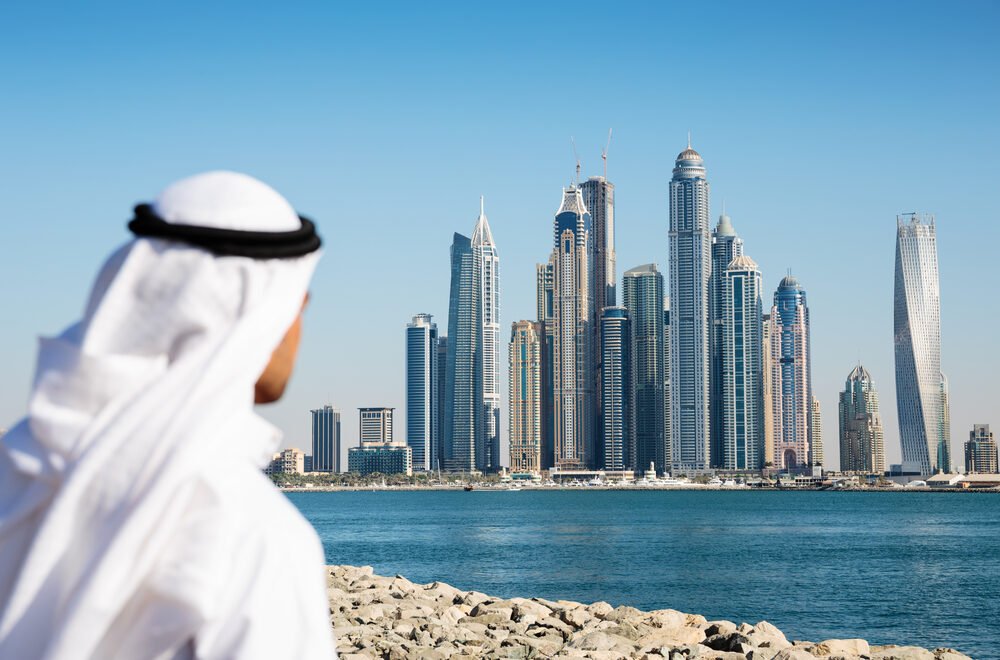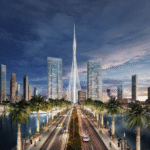Now Reading: How the UAE Is Leading the World in Saving the Environment 2025!
-
01
How the UAE Is Leading the World in Saving the Environment 2025!
How the UAE Is Leading the World in Saving the Environment 2025!
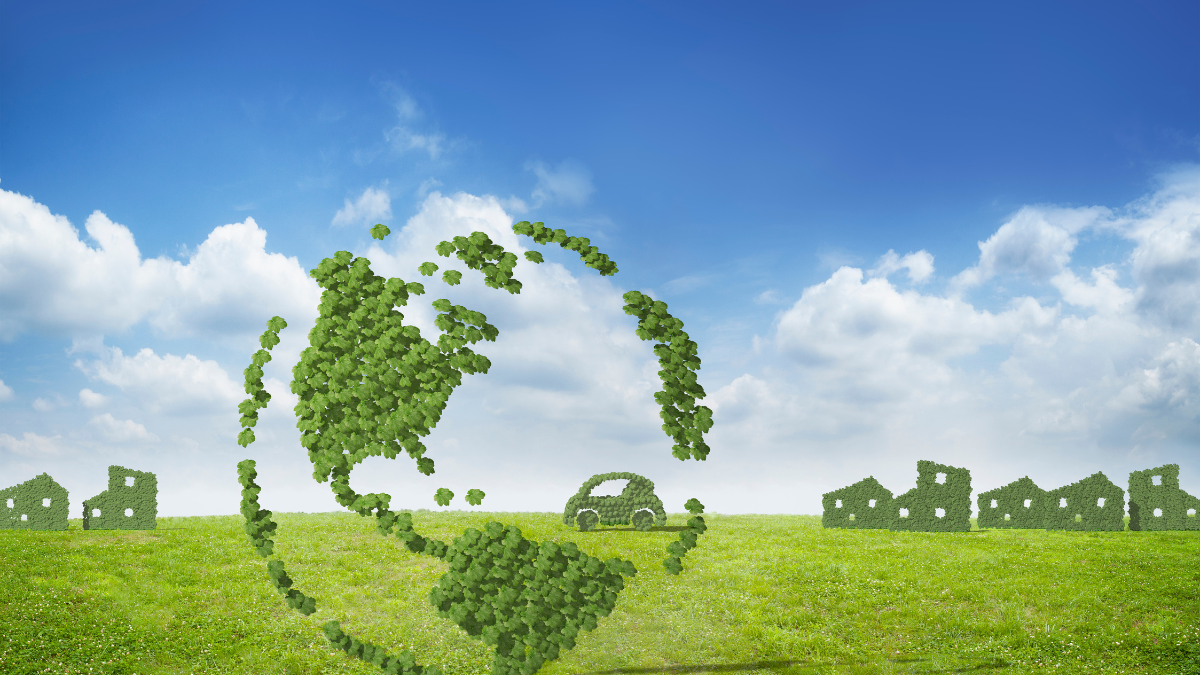
The United Arab Emirates (UAE) has become a global example of how nations can balance rapid development with a strong commitment to environmental protection. As the country races towards economic diversification and modernization, it is also setting new benchmarks for sustainability and green living in the Middle East and the world.
Why Environment Protection Is a Priority for the UAE
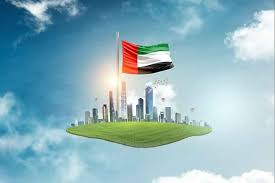
The UAE is located in a region that faces unique environmental challenges. Its dry climate, water scarcity, and fast urban expansion have made environmental protection an urgent concern. Leaders in the UAE understand that without action today, the future of the country — and the planet — is at risk.
For this reason, the UAE government, companies, and citizens are working hand-in-hand to introduce new laws, practices, and technologies that protect nature, reduce pollution, and promote sustainable development.
Major Government Initiatives to Protect the Environment
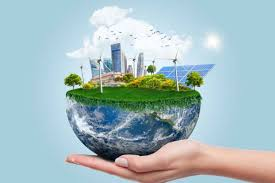
The UAE’s federal and local governments have introduced various strategies aimed at environmental sustainability. Some of the most remarkable programs include:
1. The UAE Net Zero by 2050 Strategic Initiative
In 2021, the UAE became the first country in the Middle East and North Africa (MENA) region to commit to reaching net-zero carbon emissions by 2050. This ambitious goal aligns the UAE with the Paris Climate Agreement and international environmental standards.
Through this initiative, the country is investing billions in renewable energy projects such as solar and wind farms. The Mohammed bin Rashid Al Maktoum Solar Park in Dubai is the largest single-site solar park in the world, playing a key role in this green transition.
2. The National Climate Change Plan 2050
This plan focuses on reducing greenhouse gas emissions, adapting to climate change, and improving environmental awareness. It also promotes innovation in green technologies, such as energy-efficient buildings, electric vehicles, and waste recycling solutions.
3. The Clean Energy Strategy 2050
The UAE aims to increase the contribution of clean energy sources to 50% of its total energy mix by 2050, reducing dependence on oil and gas. Large-scale investments in solar energy and nuclear power are helping to meet this target.
4. The Sustainable Agriculture Program
With a focus on food security and water conservation, the UAE is encouraging sustainable farming practices such as hydroponics and vertical farming. These methods save water and reduce the environmental impact of traditional agriculture.
Private Sector and Citizens Join Hands for the Environment
Environment protection in the UAE is not just a government effort. Private companies, organizations, and citizens are also taking responsibility:
- Green Buildings: Developers are constructing eco-friendly buildings using sustainable materials and smart energy-saving designs.
- Corporate Social Responsibility (CSR): UAE companies are supporting green initiatives such as tree planting drives, beach clean-ups, and plastic reduction campaigns.
- Plastic Ban: In 2024, Dubai and Abu Dhabi introduced bans on single-use plastic bags, a step that has already seen a significant reduction in plastic waste.
- Eco-Friendly Transport: The UAE is promoting electric cars, with EV charging stations being set up across cities. Tesla, Lucid Motors, and other brands are expanding in the region to meet this demand.
UAE Hosts Major Global Environmental Events
The UAE’s commitment to sustainability is also reflected in its role as host of major international environmental events:
- COP28 Climate Conference: In 2023, the UAE hosted the COP28 conference, where world leaders gathered to discuss climate solutions. The event placed the UAE at the heart of the global environmental movement.
- Abu Dhabi Sustainability Week: This annual event attracts thousands of experts, innovators, and decision-makers in green technology and sustainable development.
Green Innovations in the UAE
The country is also investing heavily in new environmental technologies:
- Artificial Rain (Cloud Seeding): To tackle water scarcity, the UAE is using cloud-seeding technology to increase rainfall, ensuring water security for the future.
- Waste-to-Energy Plants: Facilities like the Sharjah Waste to Energy plant are turning waste into clean power, reducing landfill usage.
- Smart Cities: Masdar City in Abu Dhabi is designed as a low-carbon urban center powered entirely by renewable energy.
Environmental Education and Awareness
A sustainable future requires public involvement. The UAE government and private groups are spreading awareness about the importance of recycling, water conservation, and energy-saving habits. Schools and universities now offer environmental education programs to train the next generation of eco-leaders.
Social media campaigns and public service announcements also help encourage small but impactful actions, such as reducing plastic use and saving electricity.
Challenges Ahead
Despite these great efforts, the UAE faces ongoing challenges:
- Desertification: Sand encroachment remains a threat to agriculture and biodiversity.
- Water scarcity: With limited natural freshwater sources, the country relies heavily on desalination, which has its environmental costs.
- Climate change impact: Rising temperatures and sea levels could affect coastal cities like Dubai and Abu Dhabi.
However, with continuous innovation and global cooperation, the UAE is confident it can overcome these difficulties and serve as a model for others.
Conclusion: A Green Vision for the Future
The UAE’s environmental protection journey is inspiring. By setting clear goals, adopting new technologies, and involving all sectors of society, the country shows that economic growth and environmental care can go hand in hand.
As the UAE continues to develop its green vision, the world watches closely. What happens in the Emirates today may shape the future of sustainable living tomorrow.
Read More:- Shobha Realty Launches Its Most Luxurious Project Yet—Full Details Inside 2025




